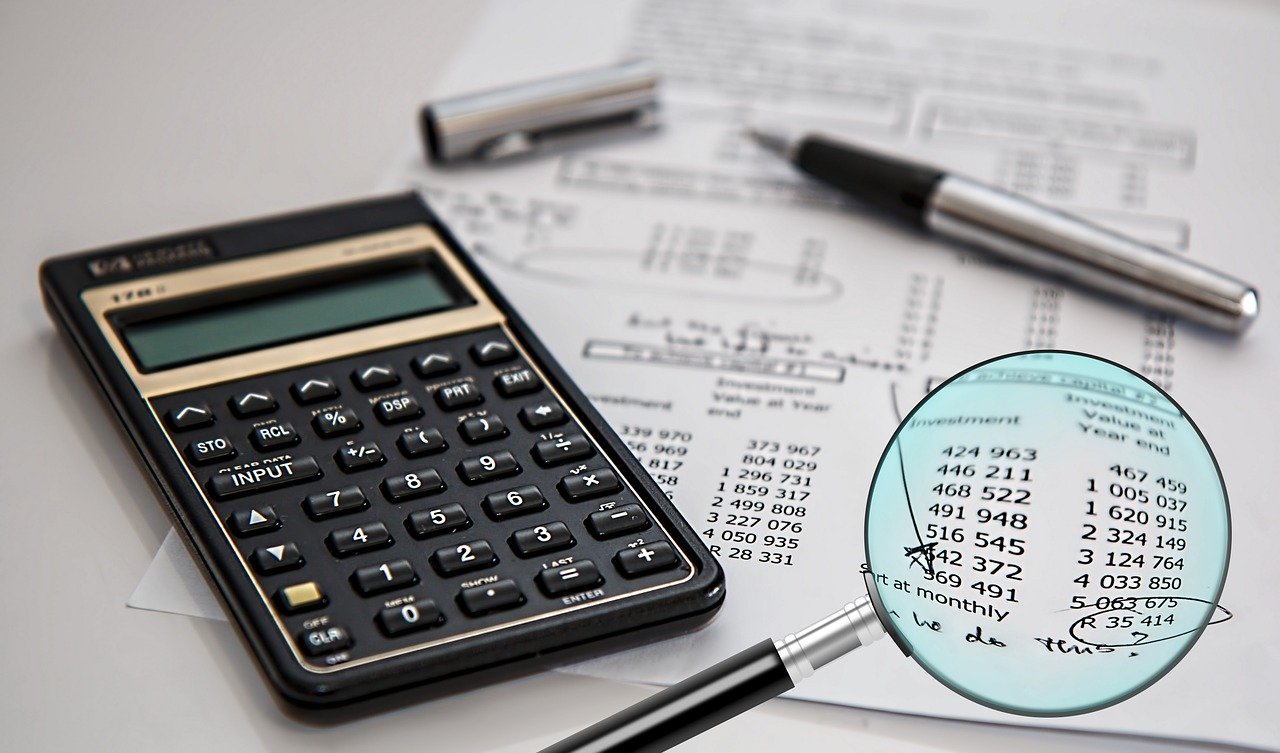We all get into financially tight situations from time to time. Short term financial demands can catch anyone by surprise. It could be around the birth of a new child, medical expenses, or just Christmas or birthdays. Whatever the reason, without care, financially tight situations can result in a bad credit history.
It’s possible to get a bad credit history very easily. The credit reference agencies, Experian, Equifax, and Transunion maintain details on almost every adult in the country and they have a level of detail that for many are frightening.
As a matter of course the credit reference agencies have your personal details, your name, address, and previous addresses, as well as credit information. If you have a mortgage they know about it. If you have any loans, credit cards, or store cards they know about them and they know what payments you make.
If you rent your home the odds are they know. In fact, they usually know the details of virtually all financial arrangements where there is any risk of a debt arising.
If you’ve applied for loans, credit cards, or any other purchases or financial arrangements they know you applied, even if the application was unsuccessful. They also know how much you borrow, your monthly repayments and if you are ever late with a payment – even if it’s by one day and caused by things outside your control!
How do they know? All the banks and financial institutions routinely tell them. The reason they tell them is that it is in their interest to do so. They know that by telling the credit reference agencies all the details an accurate picture of your financial position is created. A picture they can use the next time you apply for credit.
If you do miss a payment it will be recorded and that information stays on their records for 12 months! If you default that stays on for at least 3 years! Just missing a couple of payments can very easily mess up your credit score.
Once you have a bad credit history it can be a real nightmare. With a really bad credit history, you are pretty much financially disabled from everything except transactions that can be covered with cash.
Finding an apartment to rent, trying to buy a car, putting a down payment on a house, or applying for a credit card or a loan from a bank are all activities you are barred from with a bad credit history.
Banks, businesses, and decent landlords can see a bad credit history a mile away and will avoid you like the plague. As a result, all the steps that are supposed to build a good credit rating are no longer available. How can you break out of this credit catch-22 once you get stuck in it?
A good place to start is to contact a credit counseling service. Depending upon where you live there may be a free service you can use otherwise you may be forced to use a paid service. Paid or unpaid all these services do the same thing. They will conduct a complete financial assessment of your situation. It is imperative that you tell them everything, so don’t hold back any debts, they need to know.
If possible they will help you set a budget and find a way for you to repay the overdue payments, past debts, or forgotten bills. This will involve you paying extra to cover the arrears. Even if this is possible it will not, on its own, immediately repair your credit rating as the details of the missed payments and bad debts will stay on the record for at least 12 months.
If you are unable to clear any overdue bills or payments the counseling service will then approach your creditors. They will seek to come to some arrangement which allows you to pay smaller amounts over a longer period. They will initially seek an informal arrangement with each creditor but they can also seek formal arrangements where you pay an affordable amount, usually over 5 years.
So long as you keep up these reduced payments, and depending on the type of arrangement and where you live, after 5 years the debt may be cleared and your credit score will improve. Any arrangements with creditors will be notified to the credit reference agencies and are normally help on file for 3 or 6 years.
A third option, and the quickest, is to take out a consolidation loan to pay off all your debts leaving just one lower payment to make each month. If you own your own home – either outright or on a mortgage – this loan can be secured on the property either as a mortgage/re-mortgage or a separate secured loan.
With a property as collateral, it is relatively easy to get additional funds as the lender will have the security of your home and if you fail to pay, sometimes only one or two missed monthly payments, they will go for repossession to get their money back.
Without collateral obtaining a debt consolidation loan is more difficult but not impossible. Without the security of a property however, you will normally pay a significantly higher interest rate.
If you clear all of your debts using a debt consolidation loan cut up any credit cards and close the accounts. Make sure you don’t fall into the same trap again.
So long as you make all the due payments and you are in control of the situation, many of the pressures will ease and, with hard work and self-control, your bad credit history will become a thing of the past.










